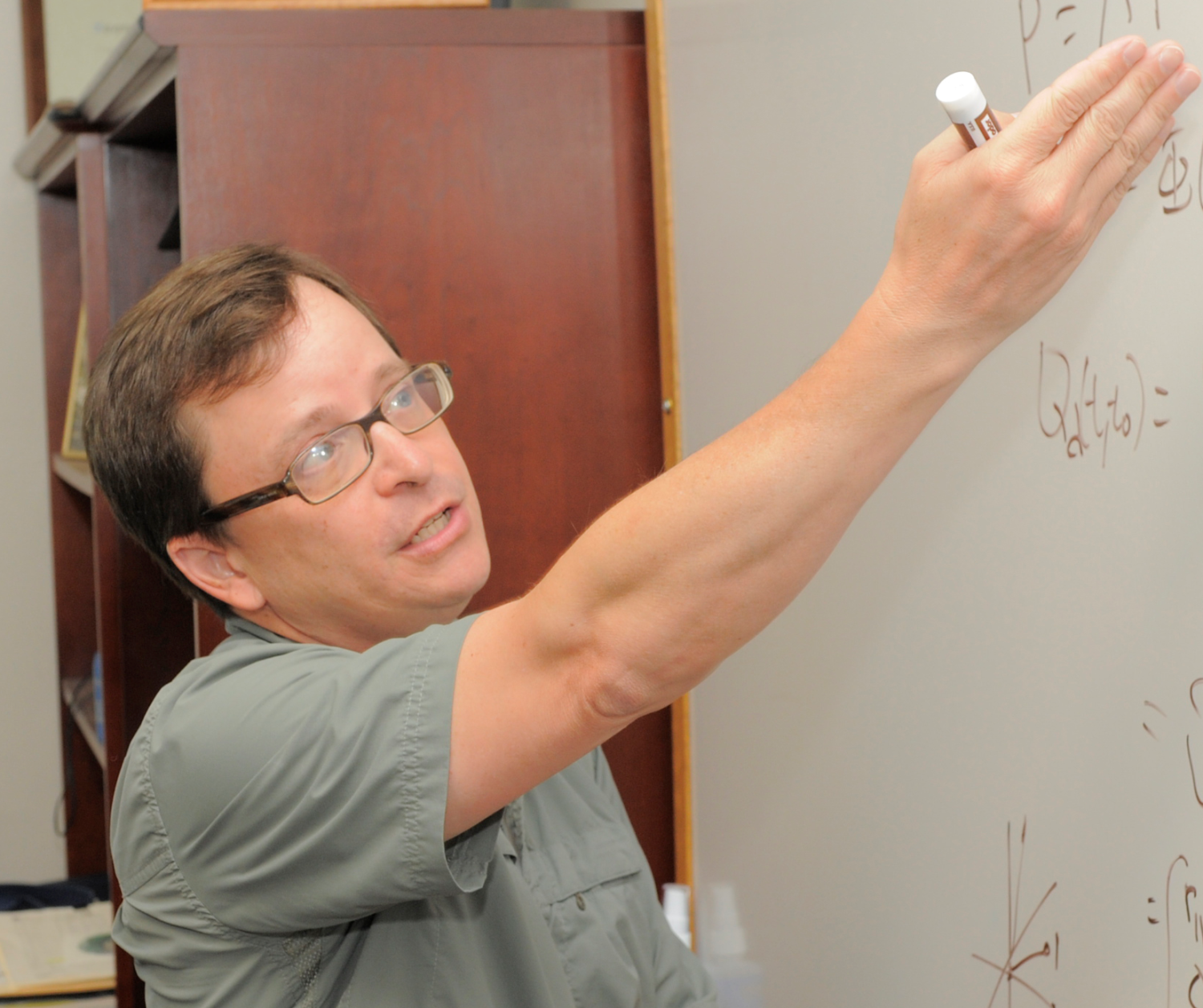NASA Navigation Filter Best Practices. Seminar: Oct. 17

Russell Carpenter - Deputy Project Manager/Technical for Space Science Mission Operations at NASA Goddard Space Flight Center
Wed. Oct. 17, 2018 | DLC | 12:00 pm
Download Flyer
Abstract: As the era of commercial spaceflight begins, NASA must ensure that lessons the US has learned over the first 50 years of the Space Age will continue to positively influence exploration and development of space. Of the many successful strands of this legacy, onboard navigation stands out as an early triumph of technology whose continuous development and improvement remains as important to future exploration and commercial development as it was in the era of Gemini and Apollo.
The key that opened the door to practical and reliable onboard navigation was the discovery and development of the Extended Kalman Filter (EKF) in the 1960s, a story that has been well-chronicled, and Kalman filtering has far outgrown NASA’s applications over the intervening decades. What are less well-documented are the accumulated art and lore, tips and tricks, and other institutional knowledge NASA has employed to design and operate EKFs in support of dozens of Gemini/Apollo era missions, well over one hundred Space Shuttle missions, and numerous robotic missions, without a failure ever attributed to an EKF.
Bio: Russell Carpenter is the Deputy Project Manager/Technical for Space Science Mission Operations (SSMO) at NASA Goddard. He most recently led development of navigation and conjunction assessment approaches for the Magnetospheric Multi-Scale (MMS) mission, which performs tightly controlled formation flying among four spinning satellites in highly elliptical orbits. MMS depends on another of his projects, the Goddard Enhanced Onboard Navigation System, which has been widely used within and outside NASA and enabled satellite formation flight between EO-1 and Landsat-7. Russell also initiated the Orbit Determination Toolbox project, providing open-source navigation analysis.
From 1987 - 1998, Russell was at NASA Johnson Space Center, working on Shuttle and Station navigation, including flight tests of GPS for rendezvous navigation and attitude determination, and from 1996 - 1998 he was Principal Investigator for a planned Mars Precision Landing Demonstration on the 2001 Mars Surveyor mission. Russell attended U-Texas Austin, receiving a PhD in Aerospace Engineering in 1996.

